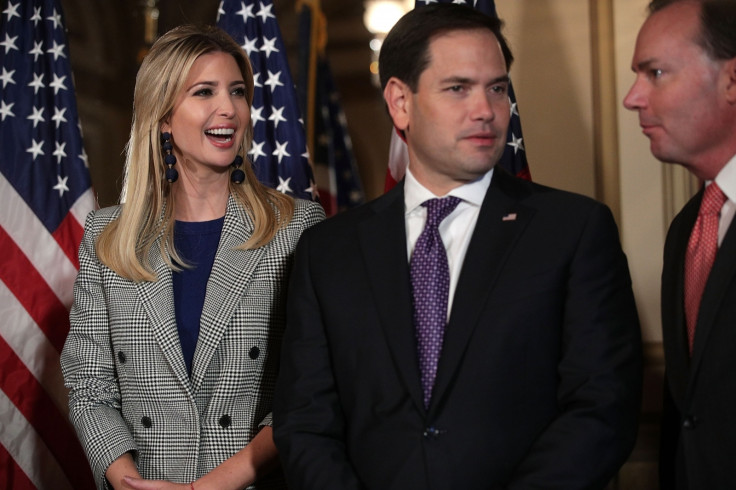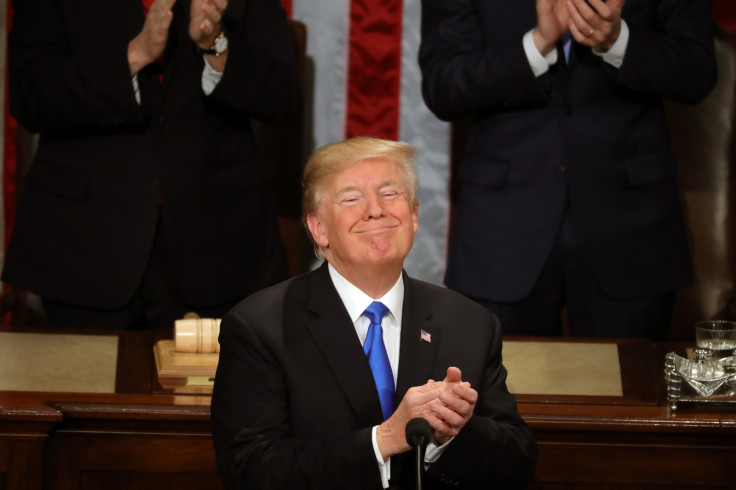Trump gives with one hand, takes with other: Paid family leave would force parents to delay retirement
KEY POINTS
- Plan would allow new parents to draw social security benefits when taking time off.
- They would make up for the time by delaying the date at which they start receiving retirement benefits.
US President Donald Trump's paid parental leave plan would penalise poorer parents and larger families by forcing anyone using the plan to delay their retirement benefits.
The plan was teased in Trump's state of the union address and has since been taken on by daughter Ivanka and Republican senator Marco Rubio.
The programme would essentially allow parents to draw social security benefits when taking time off around the birth of a baby. The parents would then delay receiving social security payments by the same amount of time when they reach retirement age.
This would mean that the more children a family has, the more delayed their retirement benefits could be.
In an era of growing inequality, the plan would also mean that poorer parents without private pension plans would suffer more, as they would be far more reliant on government handouts.

The fertility rate in the US hit a historic low of 62 births per 100,000 women aged 15-44 in 2016, largely driven by falling pregnancy rates for teenagers and those in their 20s. The trend is expected to continue for 2017's figures.
The crisis has even prompted a call from speaker of the house Paul Ryan for Americans to have more babies. Trump's paid family plan, however, seems likely to discourage, rather than encourage, more births.
The US is the only highly developed nation that does not offer any amount of paid maternity or paternity leave.
Traditionally a Democratic issue, Rubio is attempting to co-opt the issue for the Republican Party, while Ivanka is still looking for a major piece of legislation she can hang her hat from, possibly with one eye on her own political future.
Certain to face political push-back from small-government Republicans, Rubio is trying to convince the party to back the plan by refusing to impose a mandate on employers or raise taxes to pay for it.
In that case, it will be poor Americans who end up footing the bill.






















